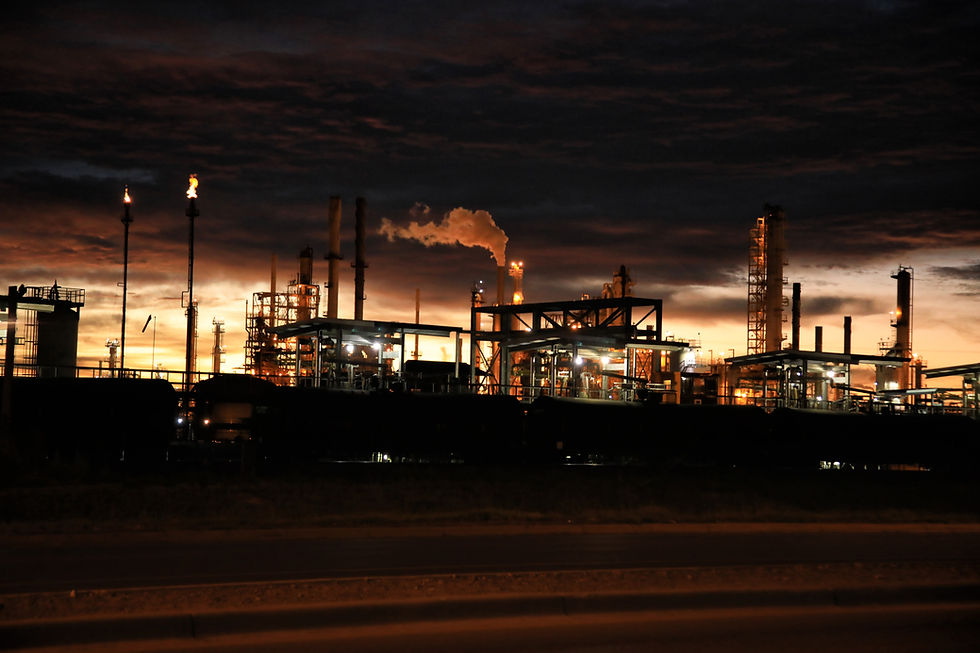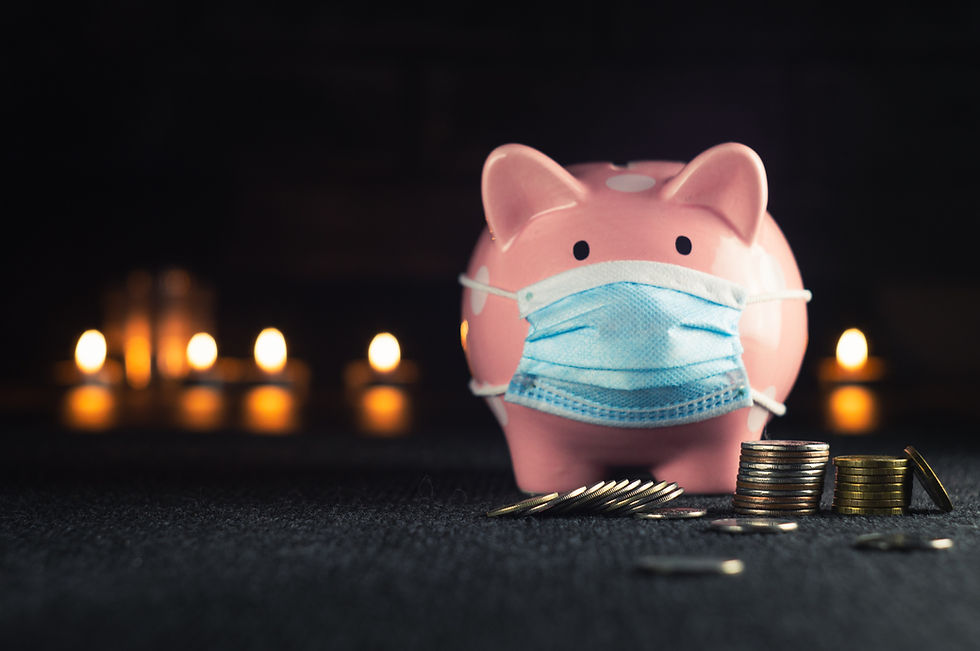Weekly Shots: Zimbabwe, China, South Africa & Global Oil Prices
- Staff Writer
- Oct 1, 2021
- 4 min read
Title Deeds For Communal Land?

The Chinese mining company, Heijin, is set to displace 70 homesteads from 300 hectares of land pegged for granite stone mining in Kaseke, Uzumba district in Zimbabwe. The company has allegedly told the head of the village, Chief Nyajina, to look for a place to relocate his people as the villagers have no title deeds and thus cannot stop the eviction. This case brings to light the complicated issue of ownership which Nozick tried to address through the entitlement theory of distributive justice wherein justice in holdings is based on justice in acquisition, justice in transfer, and rectification, all of which point out to the rightful owners of the land being the people of Kaseke. Not only must the villagers decide who should mine their land if they so desire for the land to be mined, but they should be the beneficiaries of the mining activities which ought to improve their livelihoods and standard of living. To maximise returns, the Zimbabwean government should also consider a ban on exports of unprocessed minerals in order to grow local industries.
Inflation Up In Zimbabwe

On Monday the Zimbabwe National Statistics Agency (ZIMSTAT) reported that the month-on-month inflation rose to 4.73% which is the highest price movement since January this year. The rise in inflation is in part due to the local currency depreciating against the U.S. dollar in the parallel market trading at ZWL$170/USD. The annual inflation has seen a steep decline from the 837.5% of July 2020 to double digits from August 2021 due to tight monetary and fiscal policy measures taken by the government which include the introduction of a foreign exchange auction trading system by the Reserve Bank of Zimbabwe. While the central bank has seen this measure as bringing stability in the foreign exchange market with the official exchange rate remaining stagnant at ZWL$86/USD, economists have argued this rate is not consistent with developments in the country’s economy. The Reserve Bank’s inflation outlook however remains positive due to a better agricultural season which is expected to subdue inflationary pressure in the short-to-medium term.
Global Oil Price on the Rise

Image by Robin Sommer- Unsplash
This week, the global economy saw the oil price surge to its highest for the first time in 3 years. This came as a combined result of increased demand and limited supply.
The demand-side factors:
Increased demand as the world’s economies ease lockdown restrictions and increase economic activity.
The dramatic surge in natural gas prices has also made oil a relatively cheaper alternative for power generation, which in turn has increased demand.
The supply-side factor:
Damages to the US and Mexican oil infrastructure by hurricanes Ida and Nicholas have negatively affected global oil supplies, resulting in supply reduction.
This price surge, ceteris paribus, can be expected to negatively affect global economic activity as a significant proportion of the world’s economic activity is dependent on oil as an input in the production process. More significantly, the surge may dampen the recovery trajectory of countries, especially in the developing and underdeveloped world, as they battle to return to pre-pandemic growth rates.
Load-Shedding in China

Image by Neelkamal Deka- Unsplash
This week, data from a survey conducted by China’s government indicated that manufacturing activity in the world’s second-largest economy dropped to 49.6 in September from 50.1 in August 2021. This comes as a result of intensified power shortages coupled with surging energy costs.
Given that energy prices are regulated in China, electricity producers are unable to pass on the cost of increased coal prices to consumers. Thus, they have opted to cut back on electricity production and supply. In addition, China's commitment to reduce carbon emissions has also contributed to the country’s power shortages as local officials ration power supply in order to limit carbon emissions to meet the Beijing 2060 target of net-zero emissions.
More significantly, the power outages in China can be expected to have a ripple effect on the global economy as the country’s firms produce a significant proportion of the world’s products. To a certain extent, it can be argued that China’s power woes provide the global economy the opportunity to consider building up capacity to self-produce the goods that have been imported from China, should their technology frontier allow.
Are South Africans Saving Their Way Into Non-recovery?

Image by Konstantin Evdokimov- Unsplash
This week, the South African Reserve Bank released its Quarterly Bulletin which indicated that the national savings rate increased from 16.6% in the first quarter to 18% in the second quarter.
This increase, however, has not been commended as some economists argue that the increase in savings comes with the trade-off with consumption. According to the neoclassical economic school of thought, consumption is one of the most vital drivers of aggregate spending, thus consumption becomes one of the significant variables to boost economic activity given the context of the pandemic. While it is plausible for economic agents to save given the uncertainty about the future that the pandemic brings, it is also important to understand the counter-effects of increased saving on the prospect of economic recovery. Similarly, the government’s policy response as the virus evolves and mutates must also take into account the short-term recovery and long-term growth prospects and the role of economic agents.




Comments